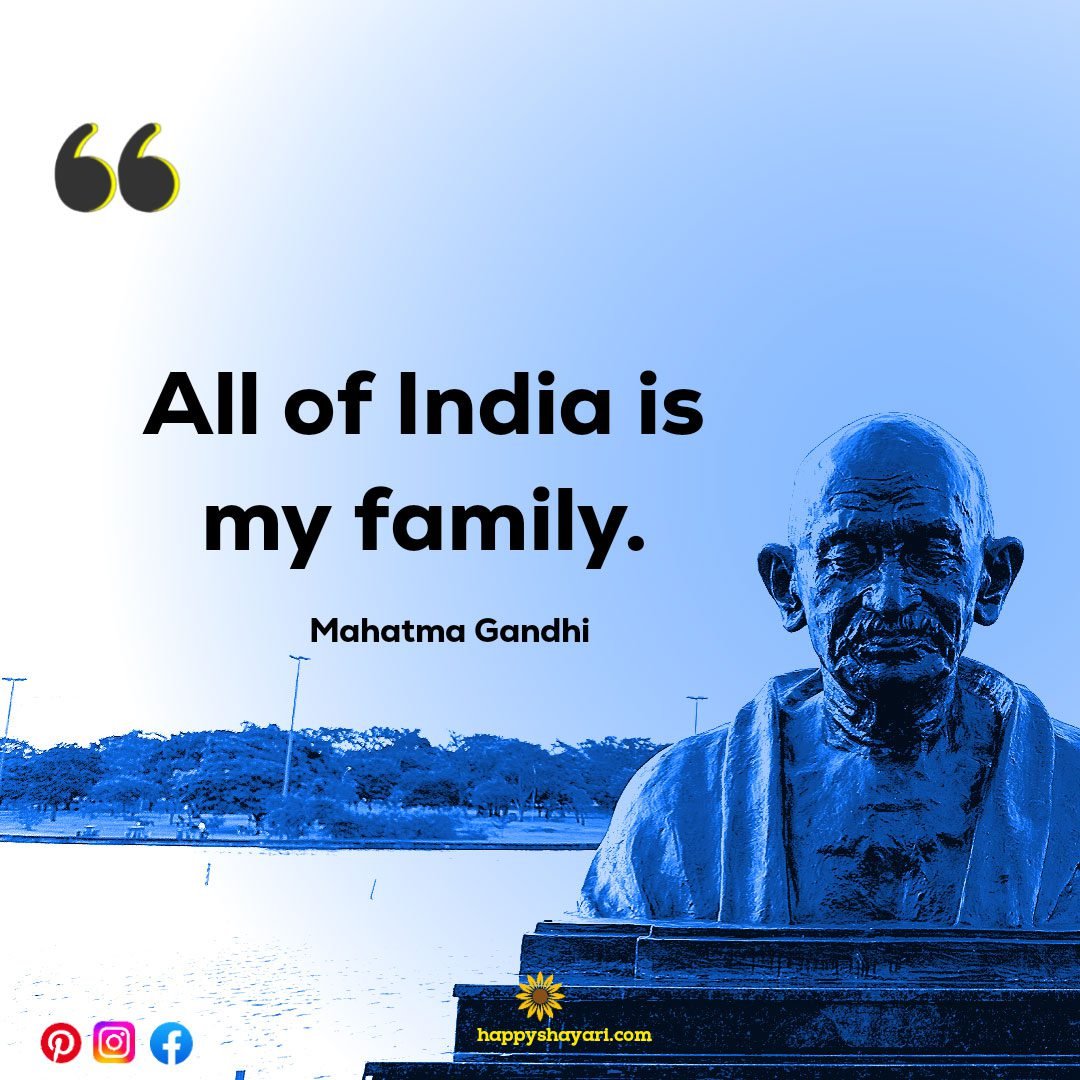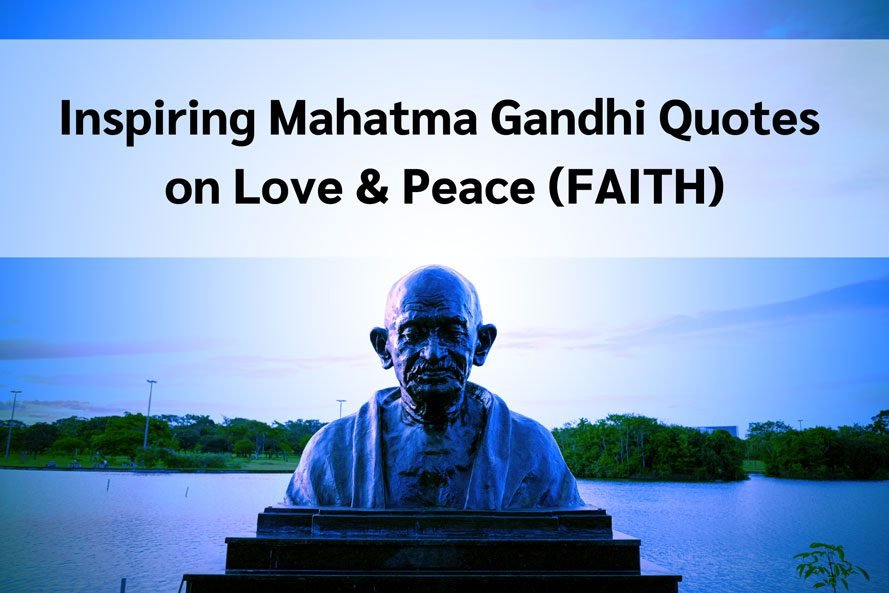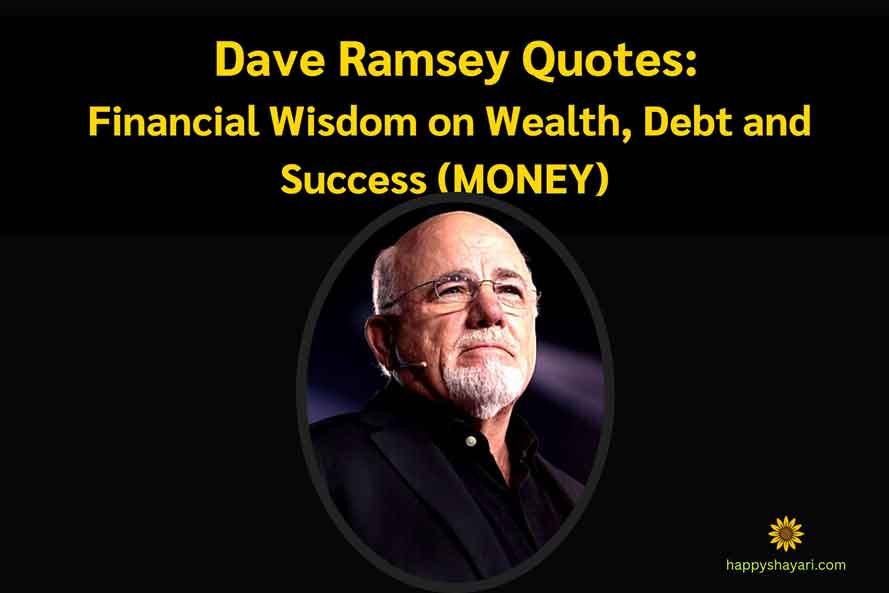Mahatma Gandhi: The Father of Indian Independence, is one of the most celebrated figures in Indian history. His name is synonymous with Indian independence, and he is widely regarded as the Father of the Nation. Born in 1869 in Porbandar, a coastal town in present-day Gujarat, Gandhiji was the youngest son of a respected Hindu family.
Gandhi spent his early years in India but later went to London to study law. After completing his studies, he returned to India and began practicing law. However, he was not satisfied with his work, and he soon became involved in the Indian nationalist movement. Gandhiji became a leader of the Indian National Congress and played a key role in India’s struggle for independence from British rule.
Gandhi’s philosophy of nonviolent resistance, which he called Satyagraha, became the cornerstone of India’s independence movement. Satyagraha emphasizes the power of truth and nonviolence, and it became the rallying cry for India’s struggle for independence. Gandhi led various campaigns and movements, including the Dandi Salt March, the Quit India Movement, and the Champaran and Kheda Satyagrahas.
Gandhi’s leadership and philosophy of nonviolence inspired millions of people in India and around the world. His influence extended far beyond India’s borders and he became a global symbol of freedom and human rights. He was nominated for the Nobel Peace Prize five times and, in 1948, Time magazine named him the Man of the Year.

Despite his accomplishments, Gandhi was also a controversial figure. Some criticized his methods, and others saw him as a divisive figure. Nonetheless, his influence on India and the world is undeniable. Today, Gandhiji is remembered as a national hero in India and is widely respected for his contributions to Indian independence and his philosophy of nonviolence.
Here are some of Mahatma Gandhi’s most inspirational sayings on peace, love, and faith to get you motivated to lead a brave, nonviolent life.
Read More: Inspiring Mahatma Gandhi Quotes On Love & Peace (FAITH)
10 Facts about Mahatma Gandhi: The Father of Indian Independence
- He attended Alfred High School in Rajkot for his education.
- Gujarati was the mother tongue of Mahatma Gandhi.
- He was his parents’ youngest kid. He has a sister and two brothers.
- Gandhi’s father was a Modh Baniya by caste and a Hindu by religion.
- The former Birla House’s garden is the location of Mohandas Karamchand Gandhi’s assassination.
- Leo Tolstoy, a well-known author, and Gandhi Ji communicated via letters.
- The world commemorates his birthday, October 2nd, as International Day of Nonviolence.
- During the fight for independence, he organized the Dandi Salt March in 1930 and the Quit India Movement in 1942.
- Gandhi’s personal secretary was Mahadev Desai.
- He participated in multiple fasts in support of the untouchables and lower castes in addition to fighting for independence. He also referred to untouchables as Harijans that mean “children of God“.
- He received the Time Magazine Man of the Year award in 1930. The Gandhiji Collected Works span 50,000 pages, demonstrating his talent as a writer.
- Gandhi got the Academic Award for best motion picture in 1982. It is an expansive historical drama film based on Mohandas Karamchand Gandhi.
Read More About Gandhiji – Book(s) and Articles
Read the following articles if you want to learn more about Mahatma Gandhi and the things he accomplished for his country:
Must Read Book : An Autobiography or The Story of My Experiments with Truth

Articles about Gandhiji_
- 26 Life-Changing Lessons to Learn from Mahatma Gandhi – Purpose Fairy
- How Gandhi Changed the World – Live Science
- Who was Mahatma Gandhi and what impact did he have on India? – World Economic Forum
Conclusion
In conclusion, Mahatma Gandhi was a visionary leader who played a key role in India’s struggle for independence. His philosophy of nonviolence and his commitment to truth and justice continue to inspire people around the world. His legacy is a reminder of the power of peaceful protest and the importance of fighting for what is right.



